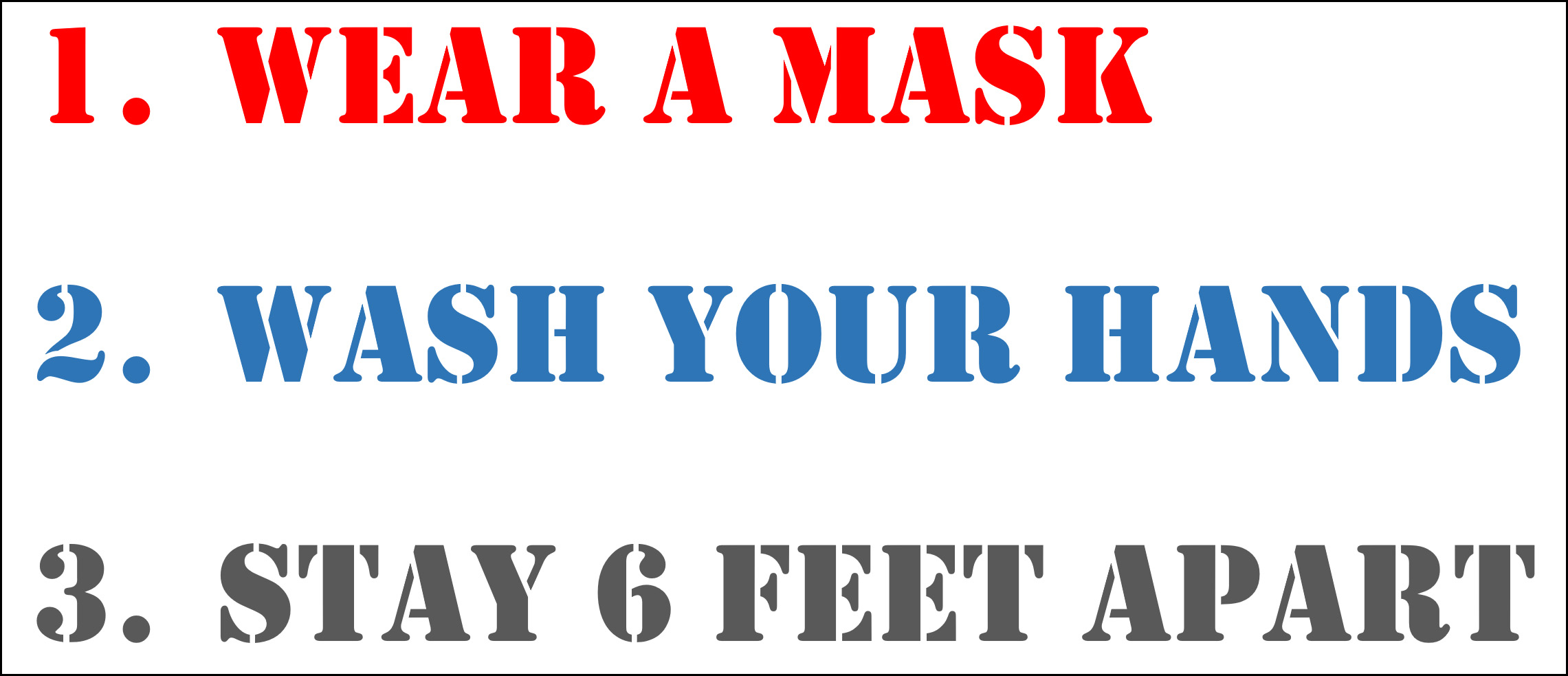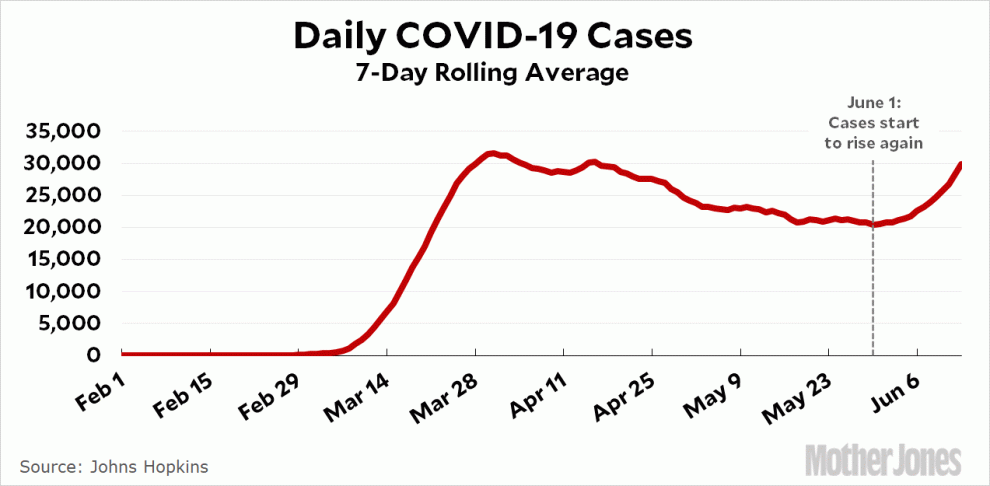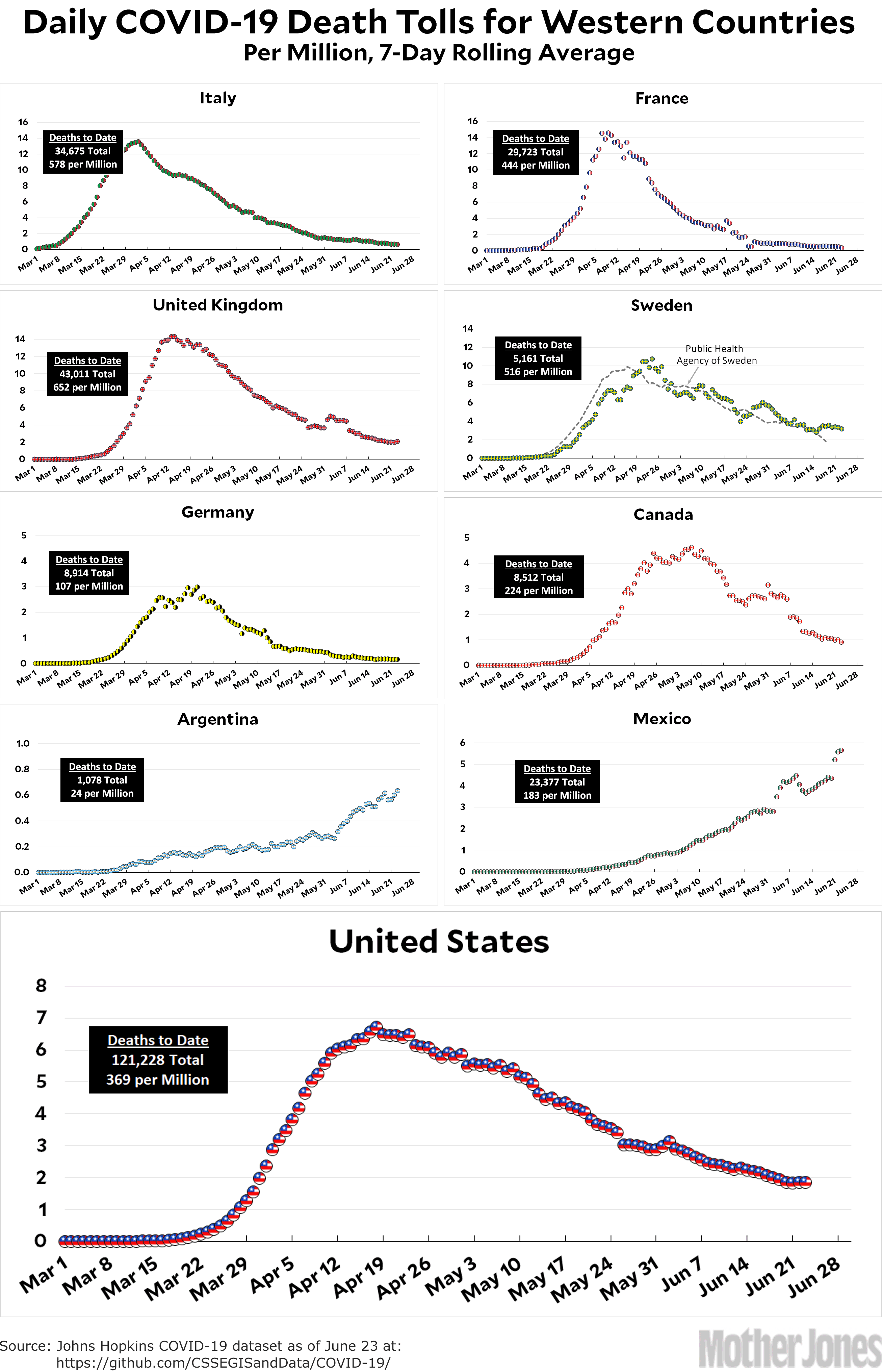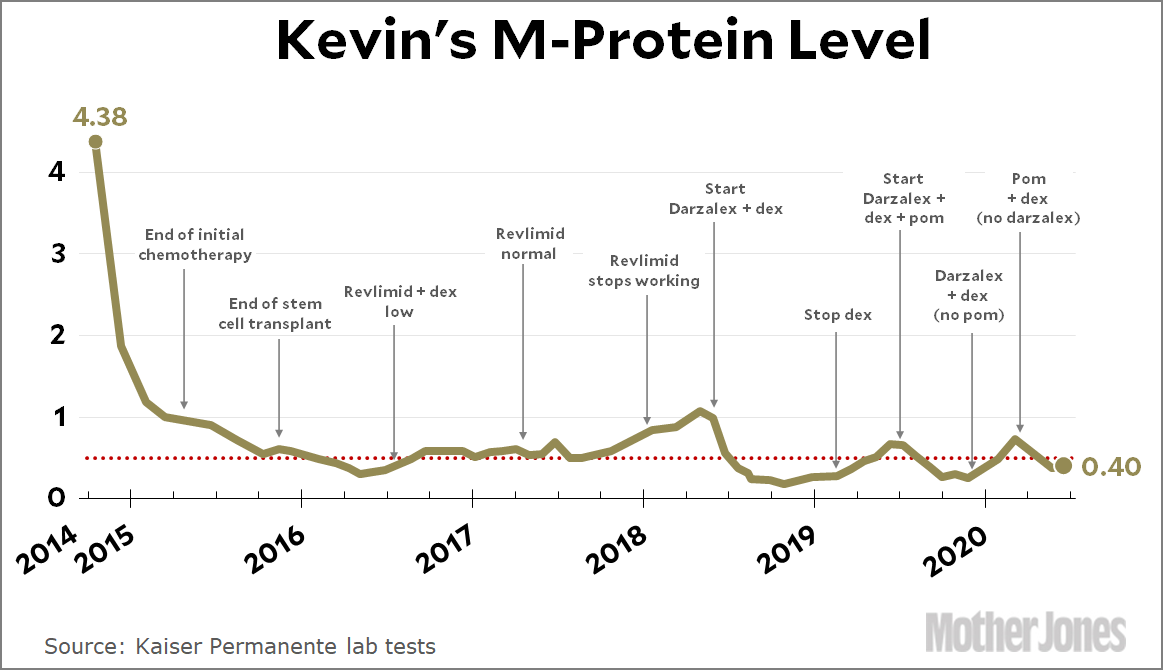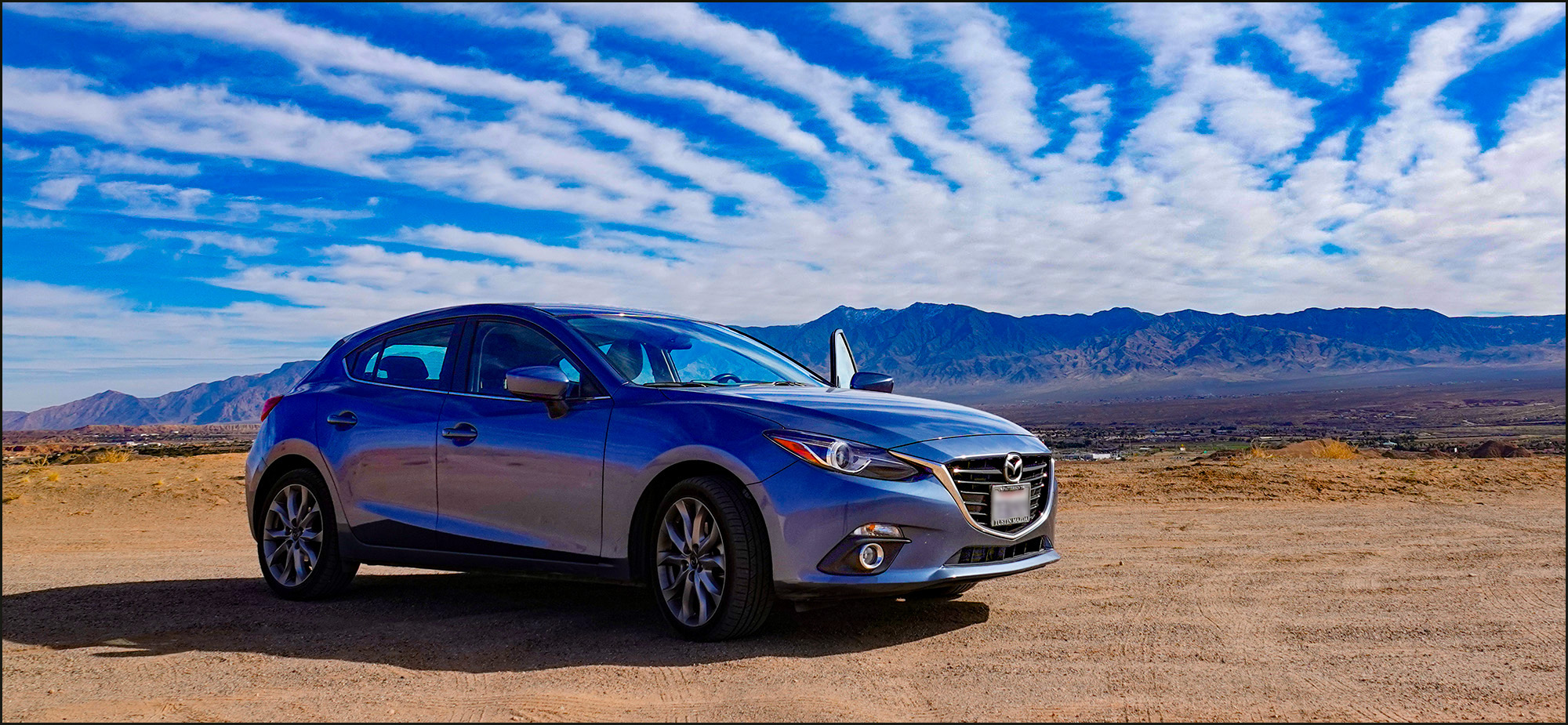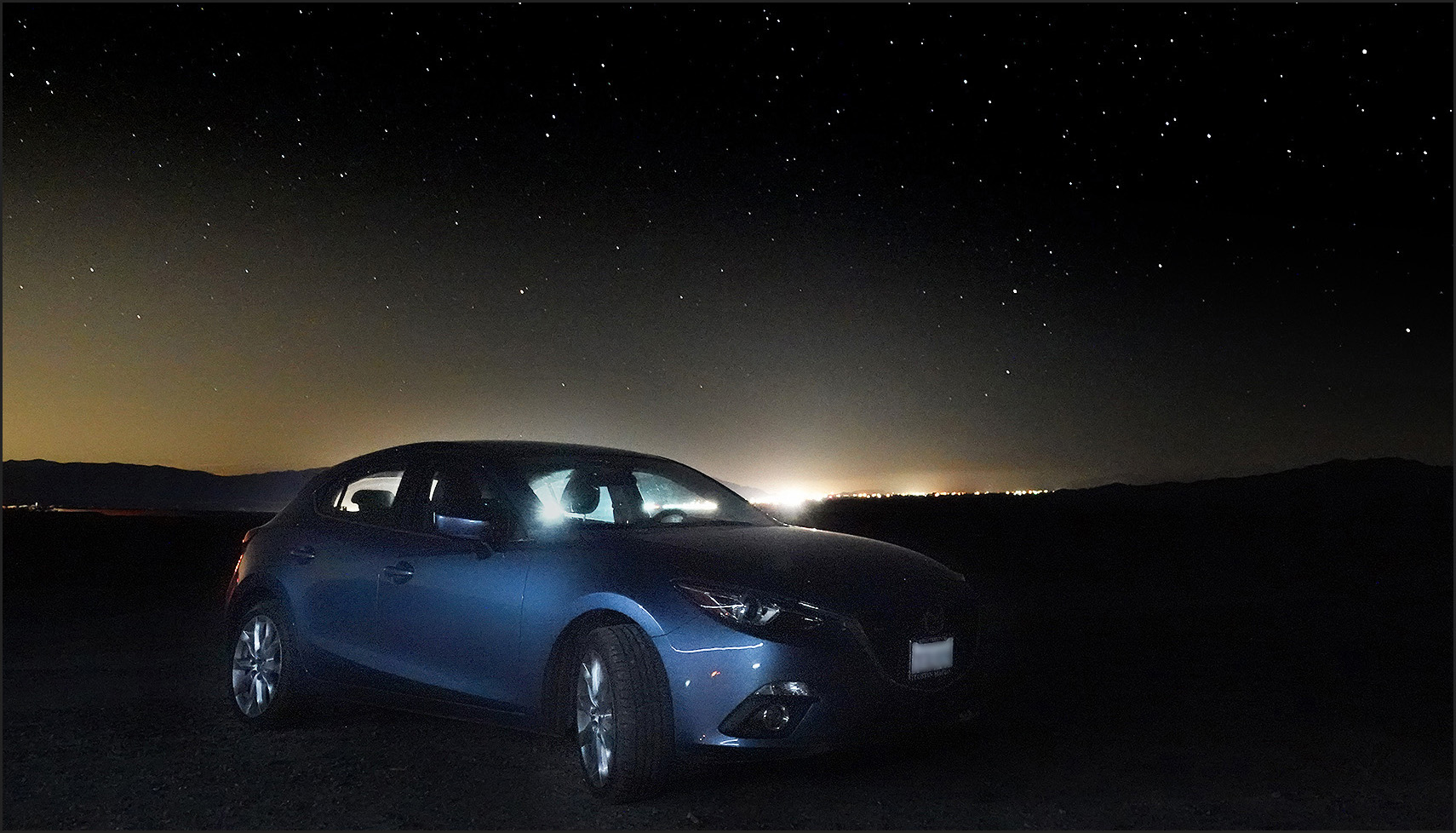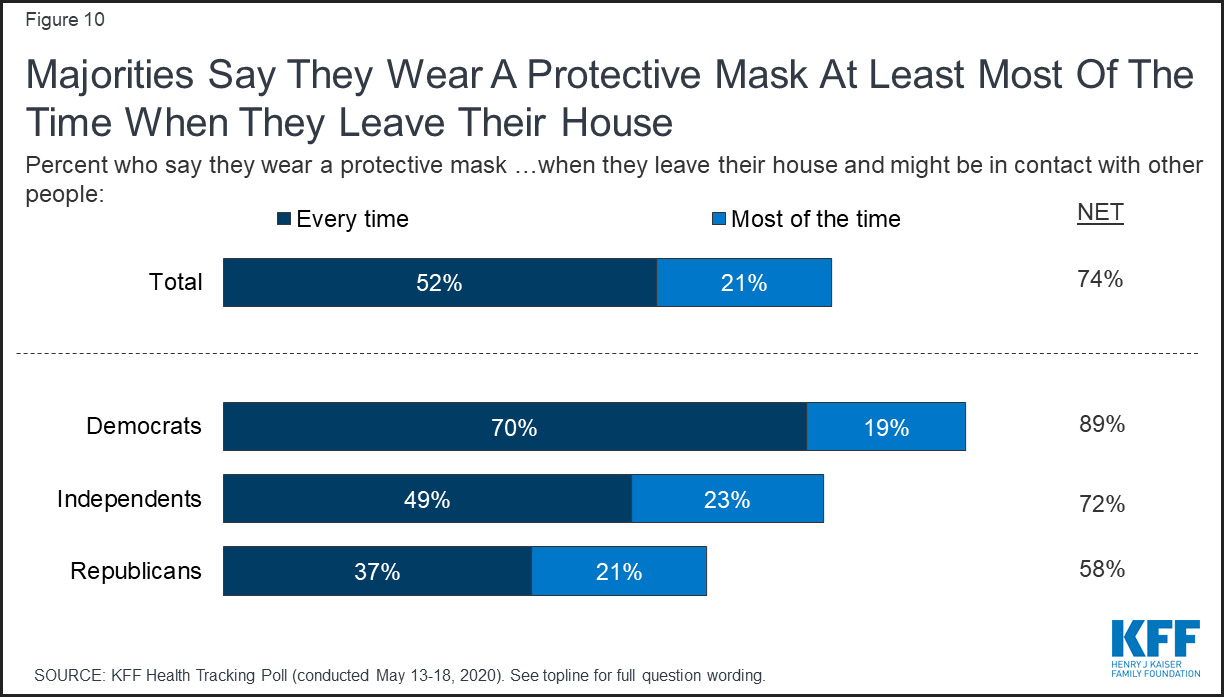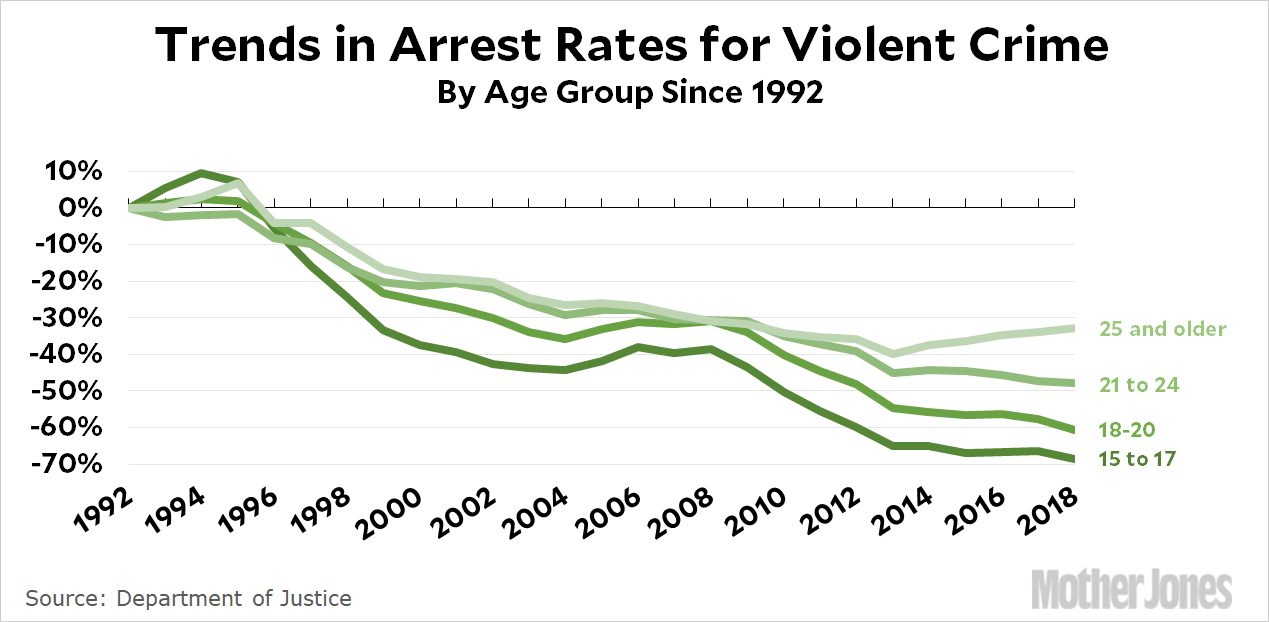In the current issue of the magazine I have a detailed look at the 2017 Republican tax cut and what it accomplished compared to all the promises Republicans made at the time. The nickel answer is: nothing. It literally fulfilled none of their promises. Not one.
But it did succeed at one thing they only whispered at:
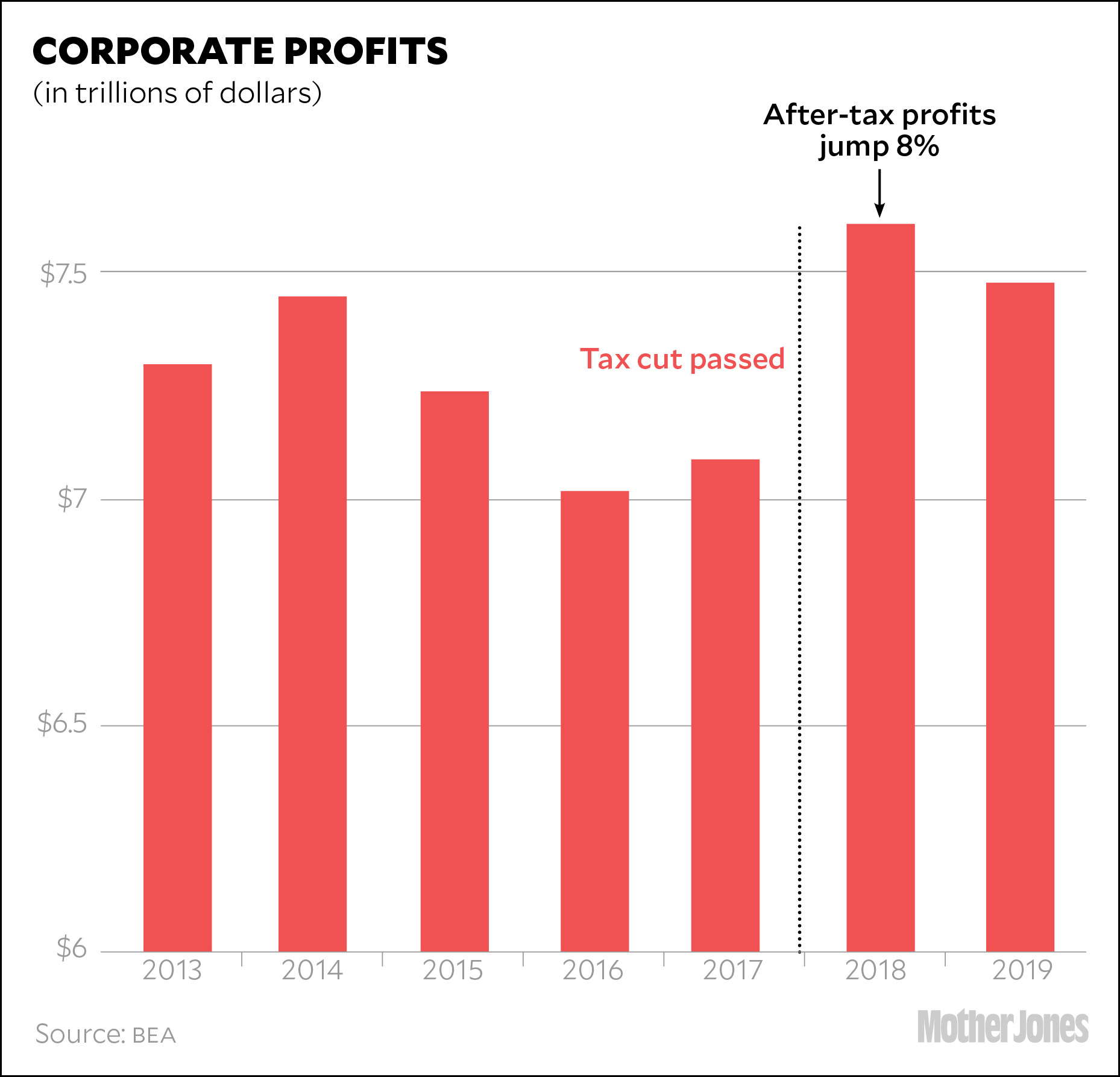
You see? Republicans do know how to construct a tax cut that does what they want it to. The thing is, you have to know what it is they really want. In 2017 they really didn’t care about putting money in the pockets of ordinary people or spurring economic growth. They just wanted to boost corporate profits and give rich people a tax cut. That was it. And they did it.
Click here for the whole story. And then pass it along to your conservative friends. Maybe someday they’ll finally get the message that Republicans really don’t care about them unless they’re CEOs or millionaires.
*As long as you know what they were trying to succeed at.



